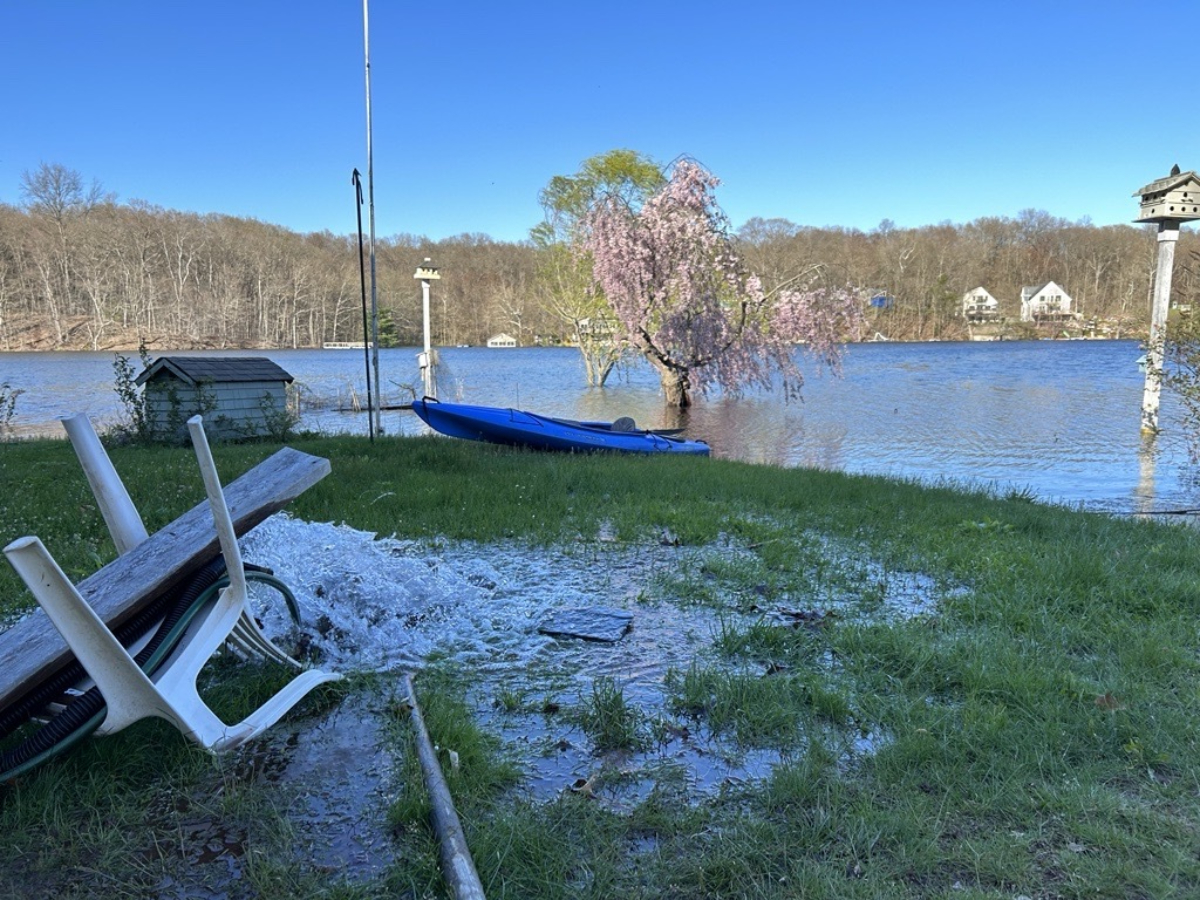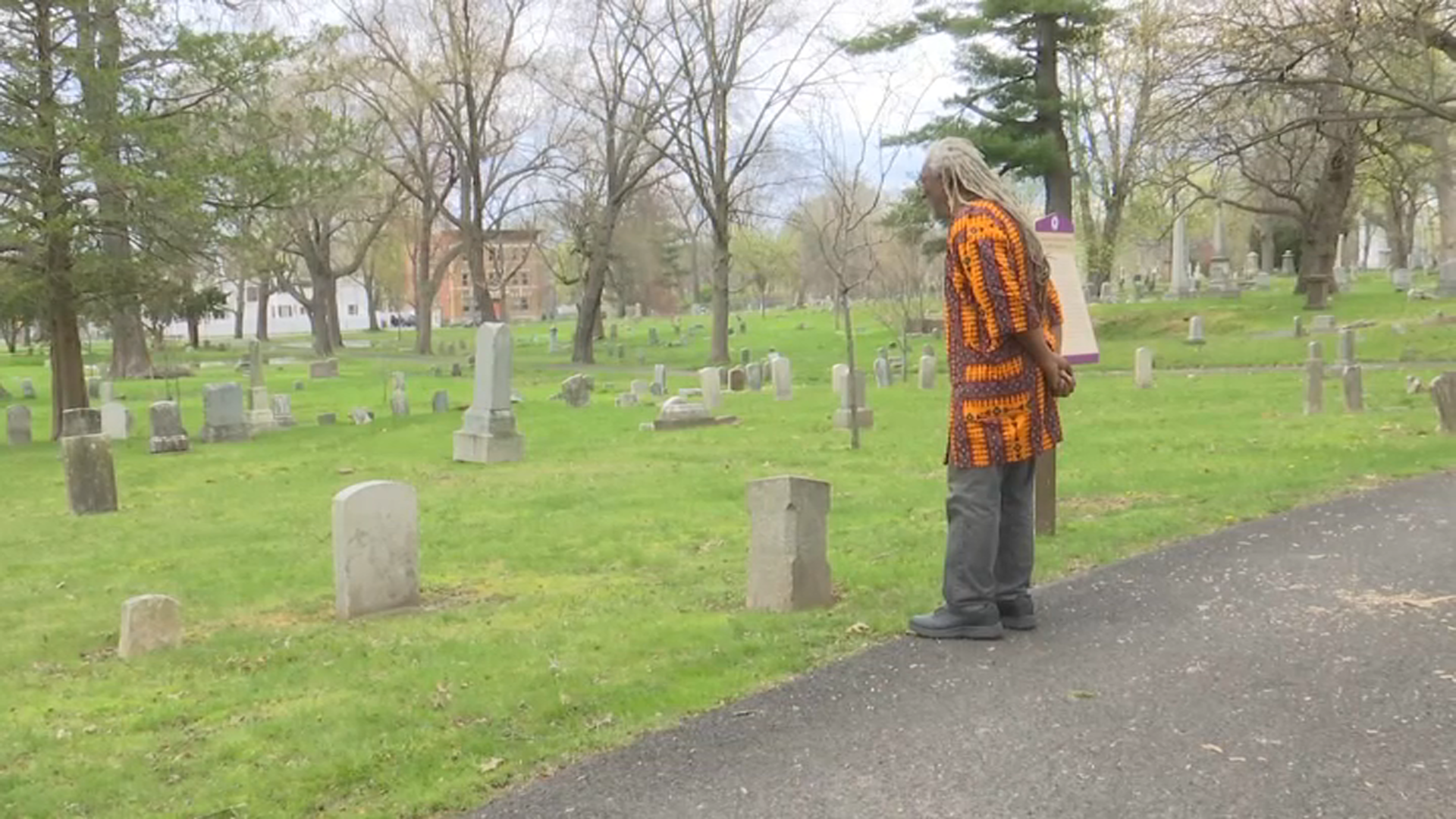New data shows more people died from drug overdoses in Connecticut last year than in 2019.
“It’s been a tough year and connection is key for folks in recovery,” Rita Natale said.
Natale, a recovery center manager with the Connecticut Community for Addiction Recovery (CCAR) said the pandemic has created an illusion that there are increased barriers to access to care when that’s not the case. Their recovery centers have been open since June 2020.
“We have a massive increase in the amount of phone calls. Trying to sign as many people up for telephone recovery support because although we’re open some folks have some anxiety about coming out in the community,” Natale said.
Get Connecticut local news, weather forecasts and entertainment stories to your inbox. Sign up for NBC Connecticut newsletters.
Natale said a telephone recovery call is a once a week check in.
“Someone will call just to say, ‘hey, how you doing is there anything we can do to offer help with your recovery today,’” Natale said.
The number of accidental overdose deaths in 2020 is expected to be 13% higher than last year. In 2019 there were 1,200 accidental overdoses. In 2020, Connecticut ended the year with 1,259 confirmed drug overdose deaths. There are 276 cases still pending toxicology reports.
Local
Fentanyl was found on average in 85.4% of the deaths, according to the Office of the Chief Medical Examiner.
COVID-19 has presented challenges, but recovery experts have tried to make it easy to get help.
“If they go to CCAR.US and they go to virtual meetings and click on find a meeting, all they have to do is there’s a calendar that comes right up on the screen you click right on and it will tell you whatever meetings are available,” Natale said.
"It’s a difficult time and recovery is all about dealing with change and adversity and overcoming and finding redemption no matter what the circumstances are," Tom Russo, communications manager for CCAR, said.
Russo said the state has been a good partner and has recovery coaches in emergency rooms across the state.
“We have recovery coaches that are now available and working in emergency departments across the state,” Department of Mental Health and Addiction Services Commissioner Miriam Delphin-Rittmon said. “So if somebody overdoses and is brought to the emergency department they can connect with a person with lived experience.”
If they need detox, the state will pick them up and give them a ride. This past January, the state gave over 300 rides to detox facilities. Their 24/7 access line -- 1-800 563-4086 -- fielded over 3,000 calls last month.
“One of the main things we want people to know is that recovery is possible and very real and there are multiple entryways into our treatment system,” Delphin-Rittmon said.



